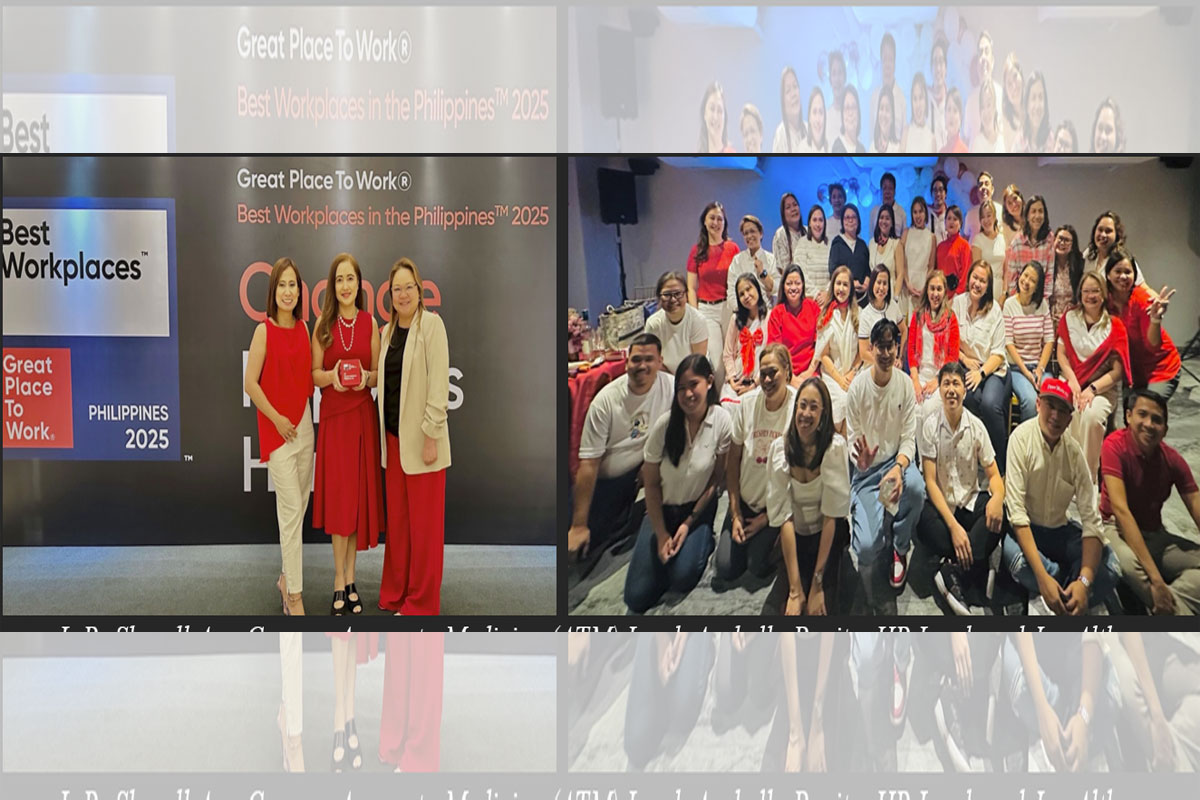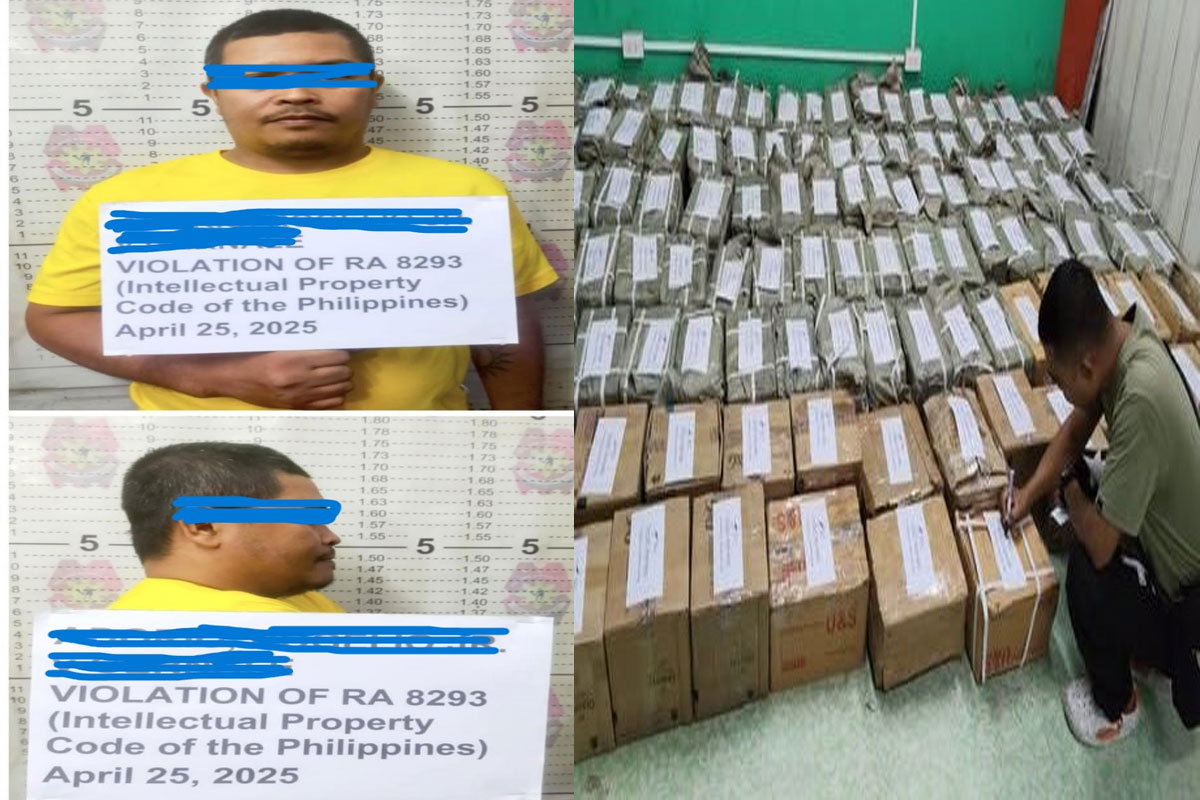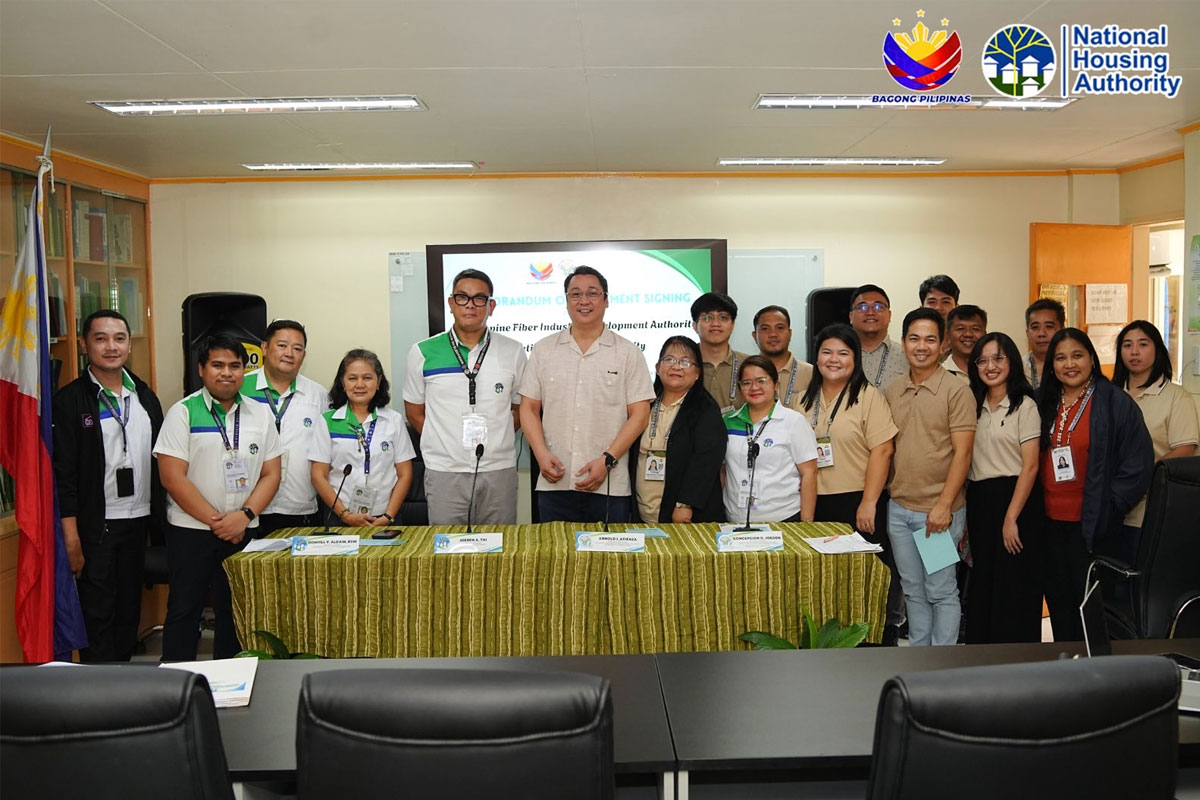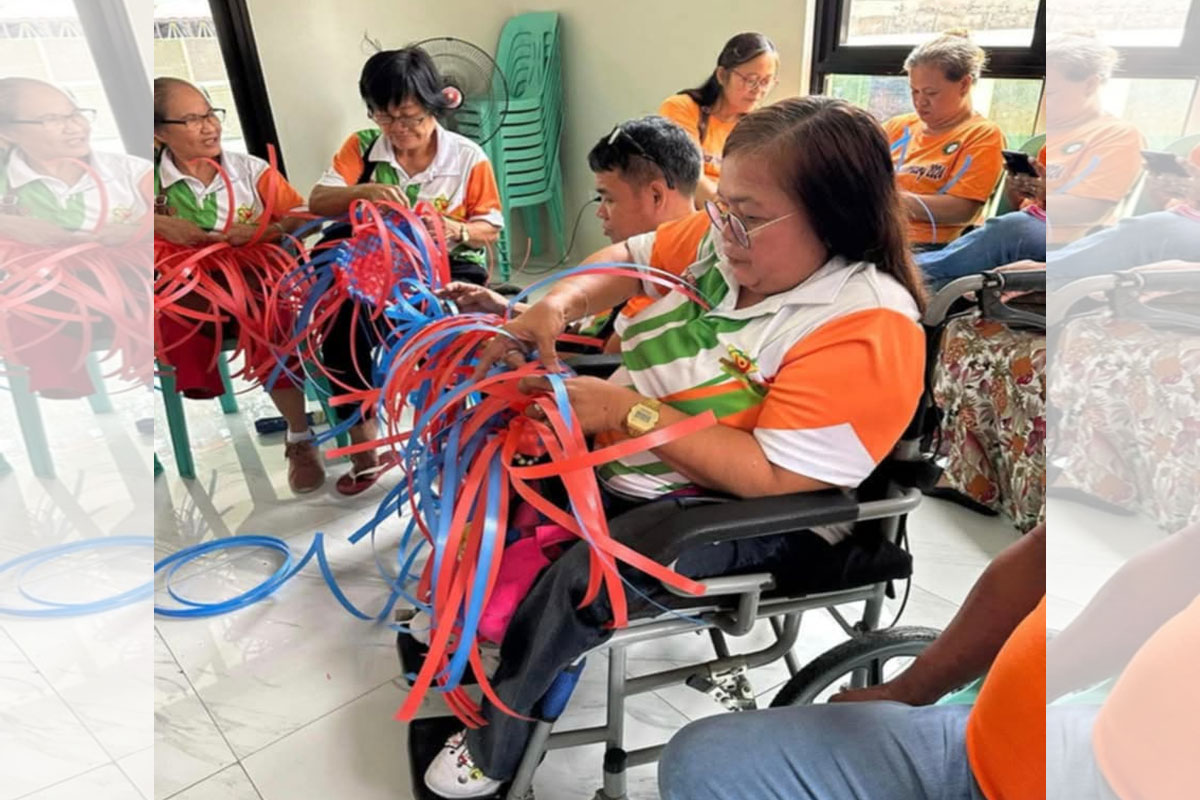
BRIGHT PROSPECTS
SPEAKER Ferdinand Martin G. Romualdez has welcomed the projection that the Philippines is poised to become an upper middle-income country by 2026, as reported by the National Economic and Development Authority (NEDA).
Romualdez described it as a clear validation of the economic roadmap being implemented by President Ferdinand Marcos Jr. under the Bagong Pilipinas agenda.
However, the Speaker stressed that the challenge now is to make sure that this economic status upgrade brings real, concrete improvements to the lives of ordinary Filipinos—especially through more jobs, stable prices, and accessible public services.
“Economic growth is important, but it cannot just be growth on paper. Ang dapat nating itanong: Mas magaan ba ang buhay ng bawat pamilyang Pilipino? May trabaho ba ang bawat tatay at nanay? Nakakakain ba nang tatlong beses sa isang araw ang bawat pamilya? That is the standard that matters,” Romualdez said.
To help achieve that, Romualdez underscored the significant role of the House of Representatives in advancing legislation aligned with the Marcos administration’s vision of inclusive and sustainable economic development.
Among the key laws and measures the House has passed under his leadership are the following: The Trabaho Para sa Bayan Act – to institutionalize job creation strategies that respond to market demands, close the skills gap, and promote entrepreneurship, particularly among the youth and returning OFWs; The Public-Private Partnership Code of the Philippines – to fast-track big-ticket infrastructure projects nationwide, including roads, hospitals, transport terminals, water systems, and internet connectivity; The Internet Transactions Act – to boost e-commerce while protecting online consumers and entrepreneurs, especially in rural areas;;The Ease of Paying Taxes Act – to support micro, small, and medium enterprises (MSMEs), which are the backbone of the Philippine economy, by streamlining the tax system; Increased funding for DSWD cash aid, scholarship grants, and rural health infrastructure – through the 2024 General Appropriations Act that the House championed and passed on time; Support for the Rice Competitiveness Enhancement Fund and National Food Policy – to drive down the cost of rice and ensure stable food supply for all Filipinos; and Expanded Tulong Trabaho Fund and Technical-Vocational Training programs – giving Filipinos, especially those from poor families, access to skills training for in-demand jobs.
According to Romualdez, these legislative measures are not abstract policies but “real-life solutions” to the most urgent needs of the Filipino people.
“This is what economic development with inclusivity means: kapag may bago tayong kalsada, mas madaling makapagnegosyo ang magsasaka. Kapag may bagong public hospital, hindi na kailangang bumiyahe pa ang pasyente ng ilang oras para magpagamot. Kapag may bagong batas sa trabaho, may pag-asa ang bawat Pilipino na umasenso,” he said.
He also emphasized that the House remains committed to building strong foundations for long-term prosperity, including digital transformation, energy security, and food self-sufficiency.
“As we rise toward upper-middle income status, we must also rise to the challenge of lifting every Filipino out of poverty. Hindi sapat na umangat ang ekonomiya—dapat umangat ang kabuhayan ng bawat isa,” Romualdez said.
Also, the Speaker called on all sectors—business, local government, civil society, and the youth—to rally behind President Marcos’ call for a Bagong Pilipinas that is modern, inclusive, and future-ready.




















